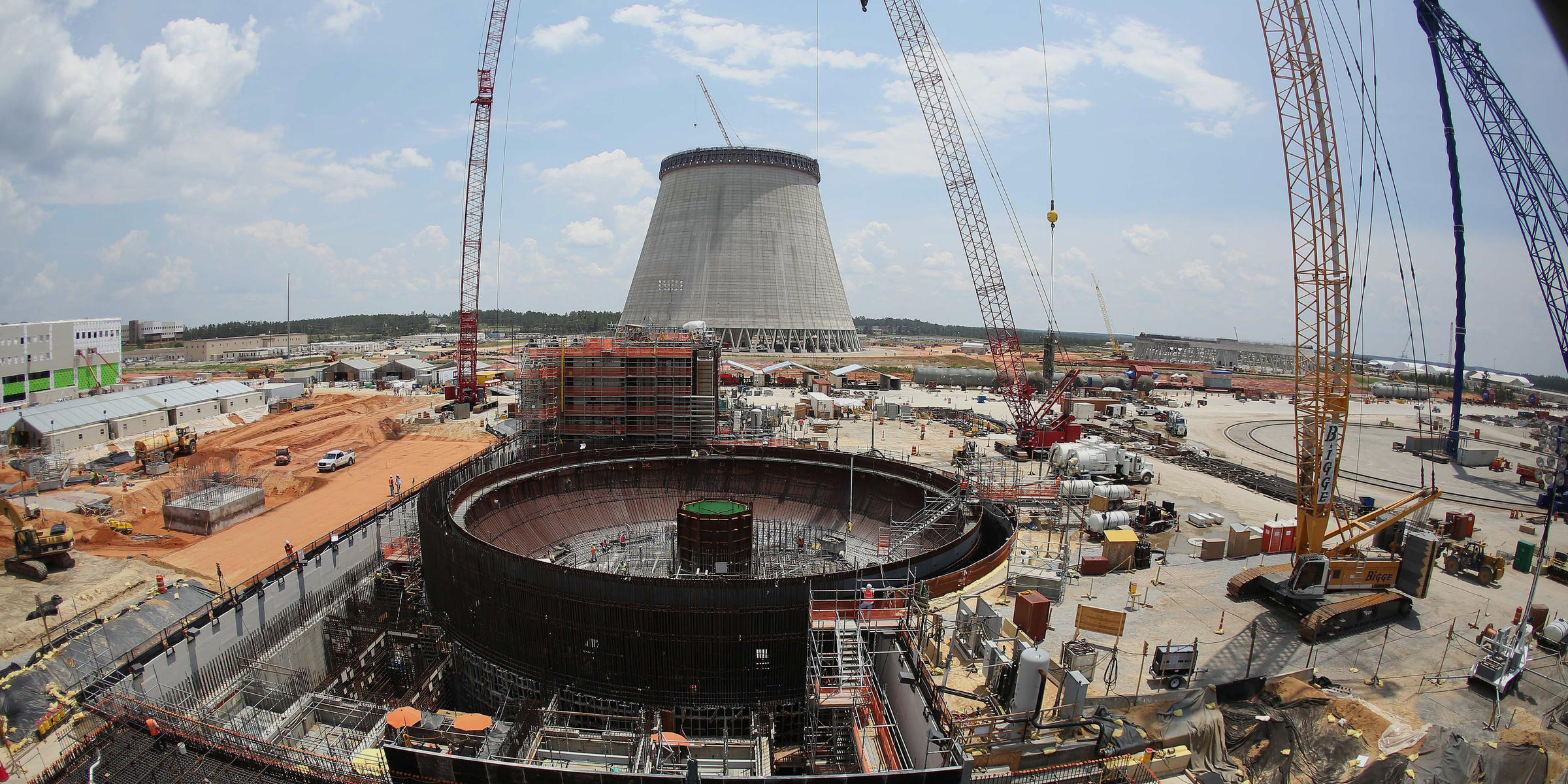Southern Company Dealing With 2 Big Projects With Problems

John Bazemore / Associated Press file
Atlanta-based Southern Company has two high-profile, multibillion-dollar projects that are running into issues.
Georgia Power is looking at the future of its nuclear power plant expansion near Augusta. Plant Vogtle is behind schedule and over budget, and the lead contractor building it went bankrupt earlier this year.
Meanwhile, Georgia Power’s sister company in Mississippi is stopping work on a different ambitious project: To build a plant that turns coal into gas before burning it. Plant Kemper has cost more than $7 billion, and now, at the direction of Mississippi regulators, Mississippi Power will just burn natural gas at the plant.
Still, Southern Company can withstand two projects with problems, said Mike Haggarty, associate managing director at Moody’s Investors Service.
“They have several other utilities, and they’re based not only in the Southeast. They also have gas utilities in other parts of the country,” he said. “They’re a big diverse organization, so they have been able to withstand the adverse developments at two of their utilities, but clearly it’s a concern to investors.”
There have been delays and cost overruns at both the Mississippi and the Georgia facilities, but low natural gas prices have made the projects – meant to be innovative — less competitive. And that’s not Southern Company’s fault, said Christine Tezak managing director of research at ClearView Energy Partners.
“If natural gas prices had gone to $8 and stayed there, these projects would look so much more economically sensible. And I think that that’s part of what we’re dealing with, is if you’re looking at $3 to $4 gas, the landscape is different,” she said.
Georgia Power has said it will complete an analysis on the future of the nuclear expansion at Plant Vogtle in August.
Last month, a Georgia regulator floated the idea to have Georgia Power stop charging ratepayers for construction costs at Vogtle, but according to the Atlanta Journal-Constitution, the attorney general’s office said that plan is not legal.
9(MDAxODM0MDY4MDEyMTY4NDA3MzI3YjkzMw004))







